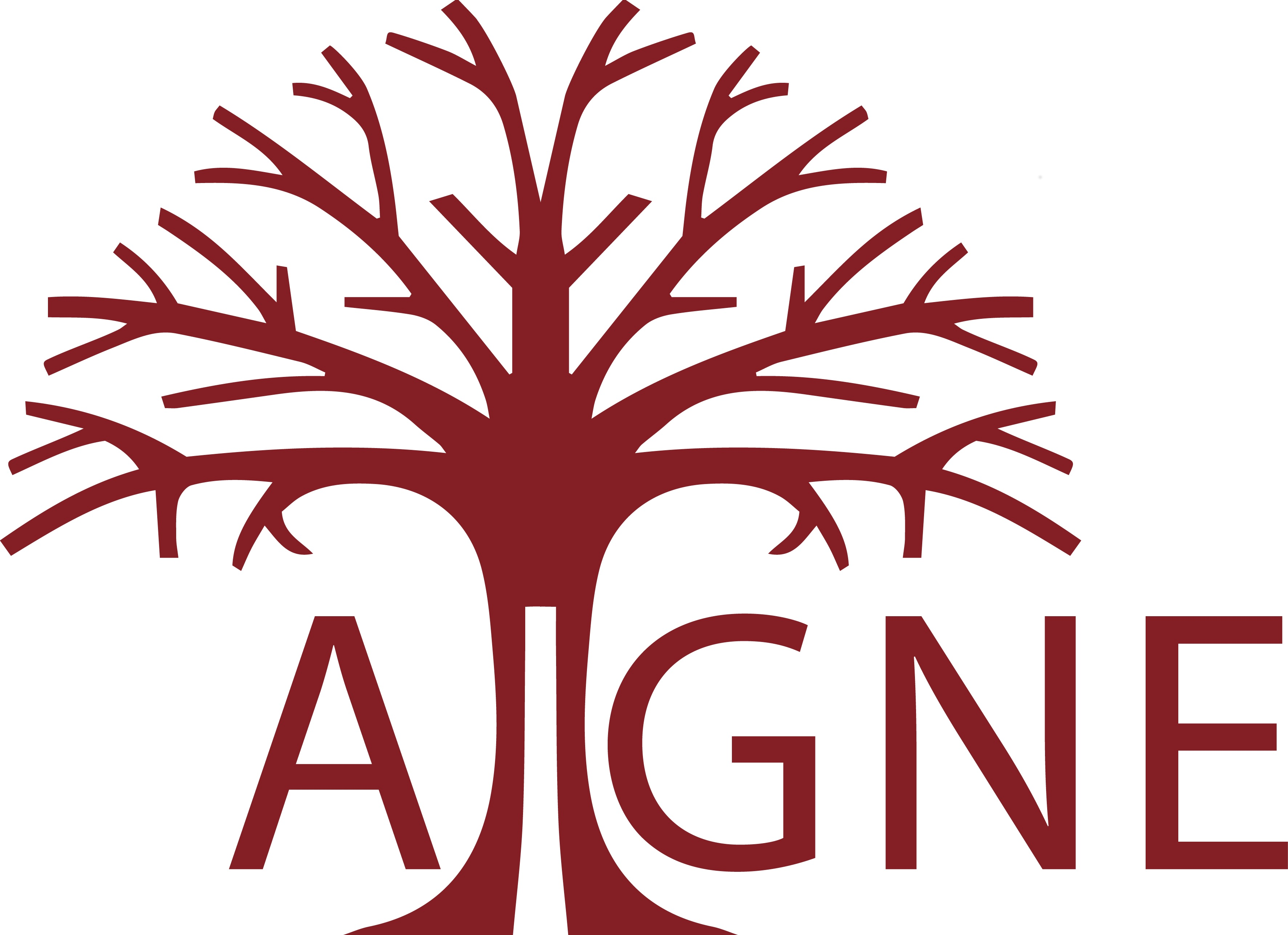The Poetics of Cultural Nationalism: Thomas MacDonagh's Literature in Ireland (1916)
DOI:
https://doi.org/10.33178/aigne.vol6.1Abstract
This article examines Thomas MacDonagh’s book, Literature in Ireland: Studies Irish and Anglo-Irish, published in 1916, as a case study in perspectives on nationalism and identity in Ireland in the early twentieth century. It takes an interdisciplinary approach, assessing the text, which is based on literary criticism and analysis, in the historical context of cultural nationalism. MacDonagh’s legacy has hinged on his participation in the Easter Rising, but popular memory of that event has subsumed the diverse views of its participants into a rigid national narrative. In contrast, this article argues that Literature in Ireland and the ‘Irish mode’ in poetry that it posits present a broader and more inclusive ideal. MacDonagh defines the Irish nation based on shared history and heritage, but acknowledges the consequences of that history, such as the presence of two linguistic traditions, Irish and English. He expresses, on the eve of revolution, the need to look forward and not only back for unity. This book has long been marginalized, when mentioned at all, in both history and literary studies, but the on-going ‘decade of centenaries’ provides an excellent opportunity to reassess its legacy and vision.References
Downloads
Published
2018-11-26
Issue
Section
Articles
License
For our full Copyright Notice see our Author Guidelines.


